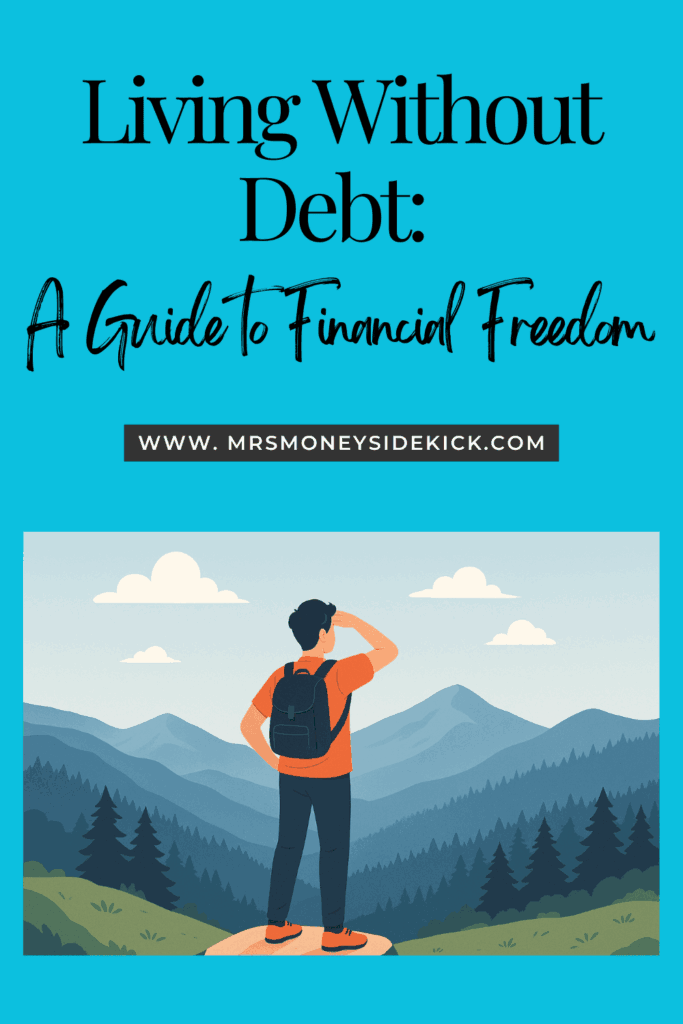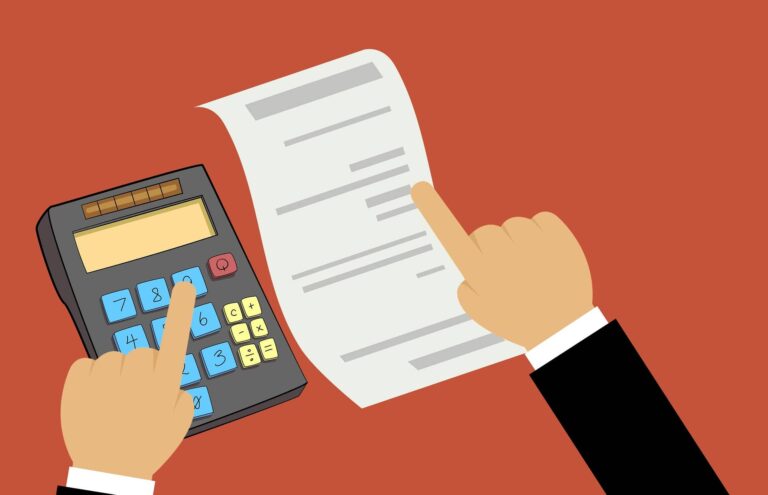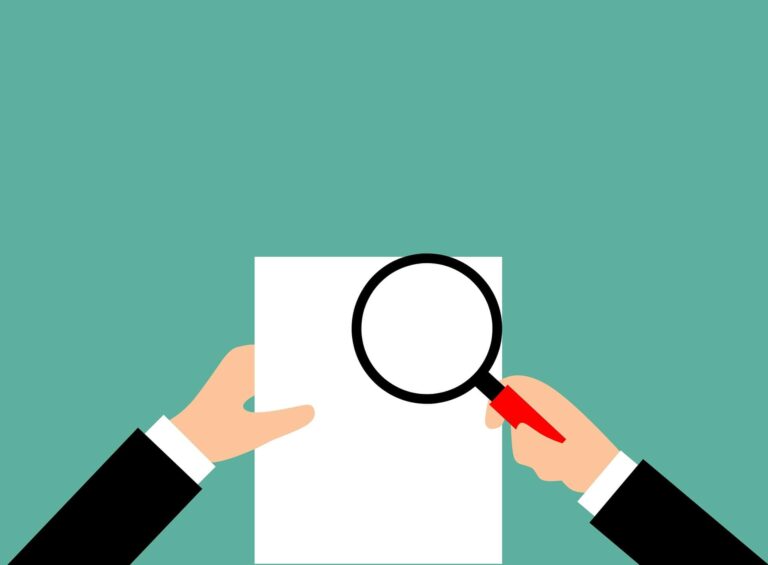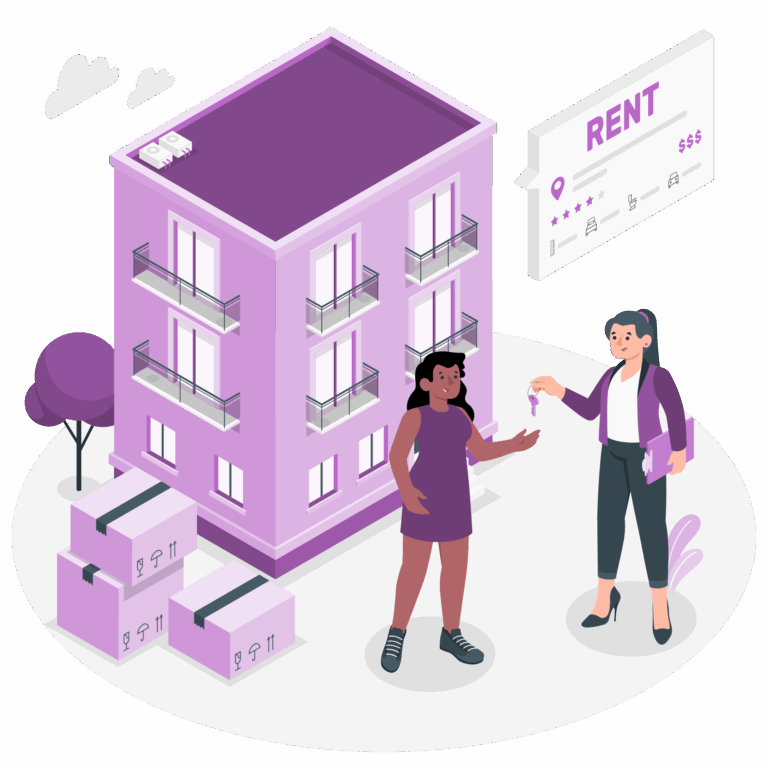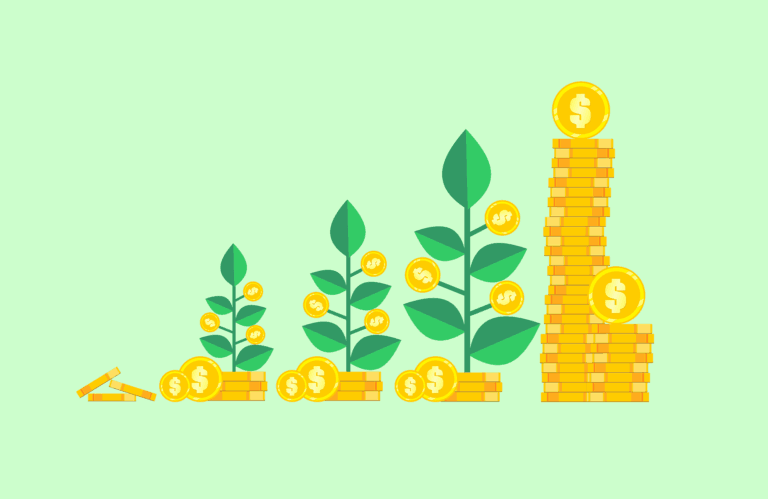Living Without Debt: A Guide to Financial Freedom
Living without debt isn’t just a dream, it’s a powerful strategy for building real wealth and lasting peace of mind. In this guide, you’ll discover why debt should be avoided, how to prioritize paying it off, and the only type of debt that may still make sense today: a mortgage. We’ll also bust some common myths that keep people trapped in debt for years.
Why Living Without Debt Should Be the Goal
Many people think debt is just part of life. Student loans, credit cards, car payments, it’s what everyone does, right? But just because something is common doesn’t mean it’s smart.
Living Without Debt: A Guide to Financial Freedom begins with one simple truth: debt costs you more than you think. Every dollar in interest is a dollar you could’ve saved, invested, or used to buy back your time.
Here’s why debt should be eliminated as fast as possible:
- High-interest debt compounds against you. Credit cards often carry 20%+ interest. That means a $5,000 balance could cost you $1,000 per year just in interest.
- Debt limits your options. Want to switch jobs? Travel? Start a business? It’s hard to do that with monthly debt payments hanging over you.
- You’re borrowing from your future. Using debt to live beyond your means today means sacrificing tomorrow’s freedom.
- Paying off debt beats most investments. The average credit card interest rate is over 20%, while the average long-term stock market growth is around 7–10%. That means paying off your credit card debt gives you a guaranteed “return” that’s more than double what you might earn investing. In other words, eliminating debt is one of the smartest financial moves you can make because the money you save on interest grows your wealth faster than most investments ever could.
Why a Mortgage Is the Only Debt That Might Make Sense
Even mortgage debt isn’t ideal, but for most people, it’s the only practical and realistic way to own a home in today’s housing market. If you’re buying within your means and locking in a fixed interest rate, a mortgage can be manageable and may even help you build equity over time.
That said, Living Without Debt: A Guide to Financial Freedom still applies here. The ultimate goal should be to pay off that mortgage early and eliminate it too.
But don’t mistake buying your own home as an “investment.” Because it isn’t. It’s a liability, not an asset that puts money in your pocket. An investment is something that generates income, like a rental property where tenants pay you rent each month. Your primary home doesn’t do that. In fact, it costs you money through mortgage payments, property taxes, insurance, maintenance, and repairs. While it may appreciate over time, that value is locked in unless you sell. And even then, you still need a place to live. A home can be a smart purchase, but it’s not the same as an income-producing investment.
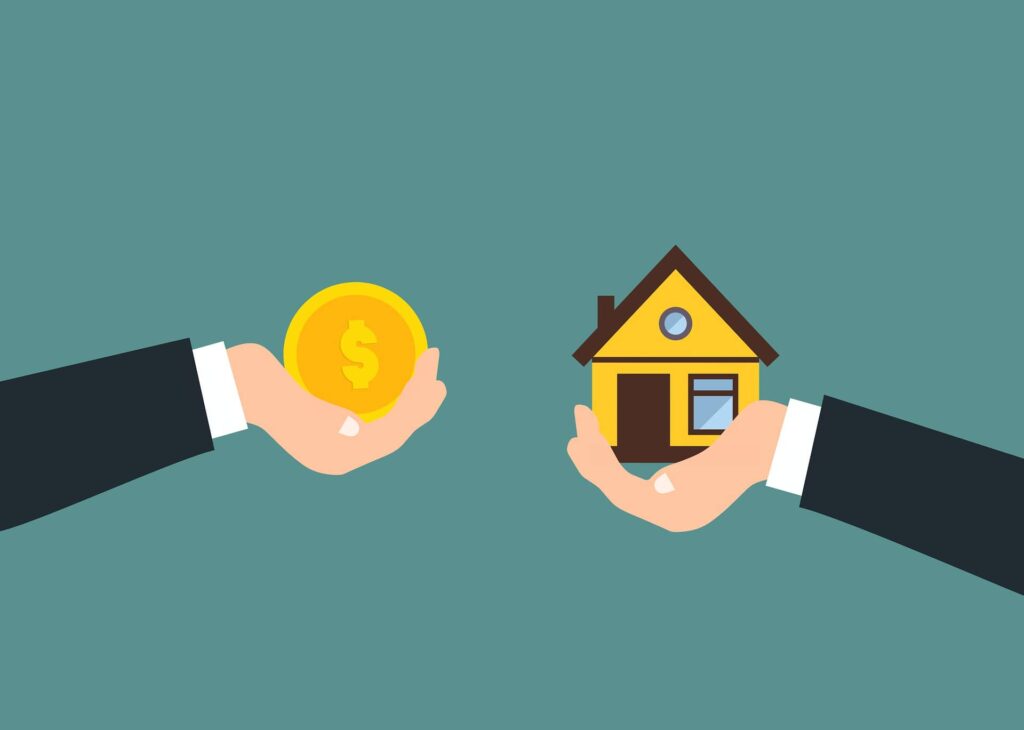
My Story: I Wish I Paid Off My Student Loans Sooner
When I was in my 20s, I was focused on making more money. I thought the smart move was investing early, so I put all my extra cash into trying to grow my money (stocks, ETFs, index funds, etc.) and anything I could learn about. Meanwhile, I let my student loan debt sit there.
The truth? I didn’t really know what I was doing yet. I spent hours researching what to invest in when the smartest, most guaranteed return was right in front of me: pay off the loan. Once I finally did, I saved thousands in interest and felt an incredible weight lift off my shoulders.
It was the moment I truly began living without debt.
Common Debt Myths (and the Truth)
Let’s bust some of the most common lies that keep people stuck:
Myth #1: Carrying a credit card balance builds credit.
Truth: You don’t need to carry a balance. Use your card and pay it off in full each month. Your credit score will thank you, and you won’t pay interest.
Myth #2: It’s okay to just pay the minimum.
Truth: That’s what lenders want. The minimum keeps you in debt longer and makes banks richer. Always pay more if you can.
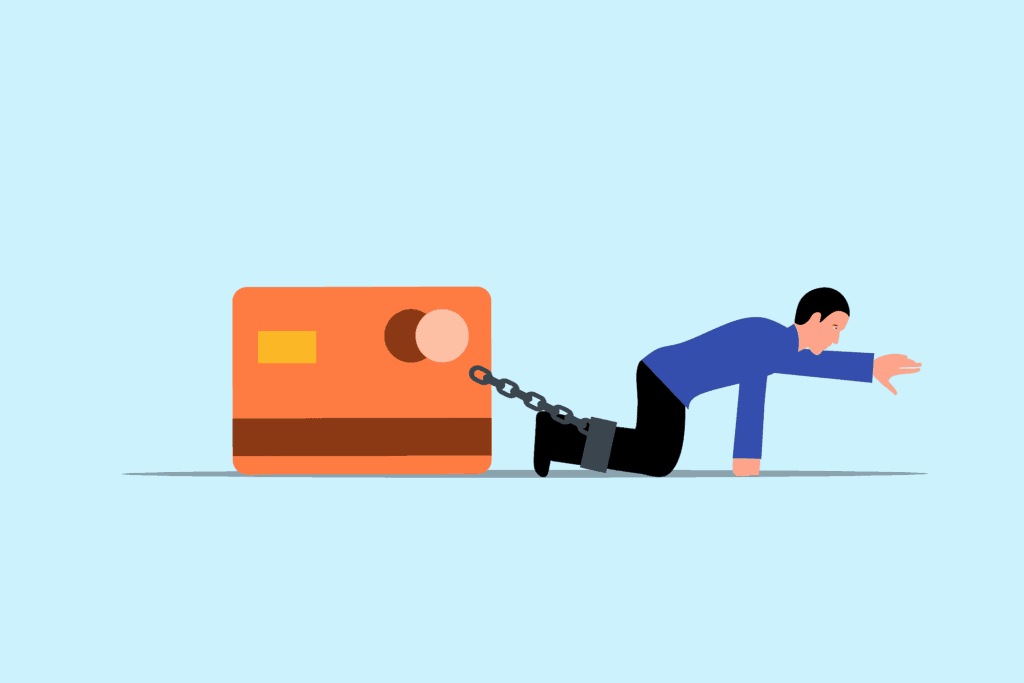
Myth #3: Everyone has debt, it’s just life.
Truth: “Normal” also means stressed, broke, and stuck. Everyone also has stress and money struggles. Choose better than normal. Living Without Debt: A Guide to Financial Freedom shows there’s another way.
Myth #4: A car loan is just part of adulting.
Truth: It’s part of the trap. A used car paid in cash won’t drain your paycheck or grow interest charges.
Myth #5: You need loans to build credit.
Truth: No, you don’t. You can build credit responsibly using a credit card with low limits and paying it off monthly. No loan required.
Myth #6: Student loans are “good debt.”
Truth: Any debt charging you interest is costing you. Pay it off as soon as you can. Don’t let the label fool you.
Why You Should Avoid Debt From the Start
Here’s why Living Without Debt: A Guide to Financial Freedom works best when you start early:
- You don’t need to recover. If you never fall into the trap, you never have to climb out.
- Debt creates false security. You feel good making payments, until you miss one or lose your job.
- Cash flow is freedom. Without debt, every dollar you earn goes to your future, not your past.
Avoid financing anything that loses value like cars, electronics, vacations, or furniture. If you can’t pay for it now, wait until you can.
How to Pay Off Debt Fast
Living Without Debt: A Guide to Financial Freedom isn’t about shame. It’s about strategy. Here’s how to make it happen:
- List all debts. Include balances, interest rates, and minimum payments.
- Use the avalanche method. Focus on the highest interest debt first, while making minimums on the rest.
- Track your spending. You need to know where your money goes before you can redirect it.
- Stop adding new debt. Don’t dig deeper while trying to climb out.
- Use extra income. Side gigs, tax refunds, bonuses, all go toward the debt.
- Sell things you don’t need. Convert clutter into progress.
The Benefits of Being Debt-Free
- You keep more money. No interest, no monthly payments—just freedom.
- You lower your stress. No debt means no anxiety when the bills come.
- You build wealth faster. Without debt, your money can work for you instead of against you.
- You increase your options. Want to quit your job or travel? No debt makes that easier.
Living Without Debt: A Guide to Financial Freedom is more than a concept. It’s a way of life that leads to real wealth, peace of mind, and confidence.
On your side,
Mrs. Money Sidekick
P.S. If you’re ready to keep building smarter money habits, check out our Starting Out and Money Essentials posts.
